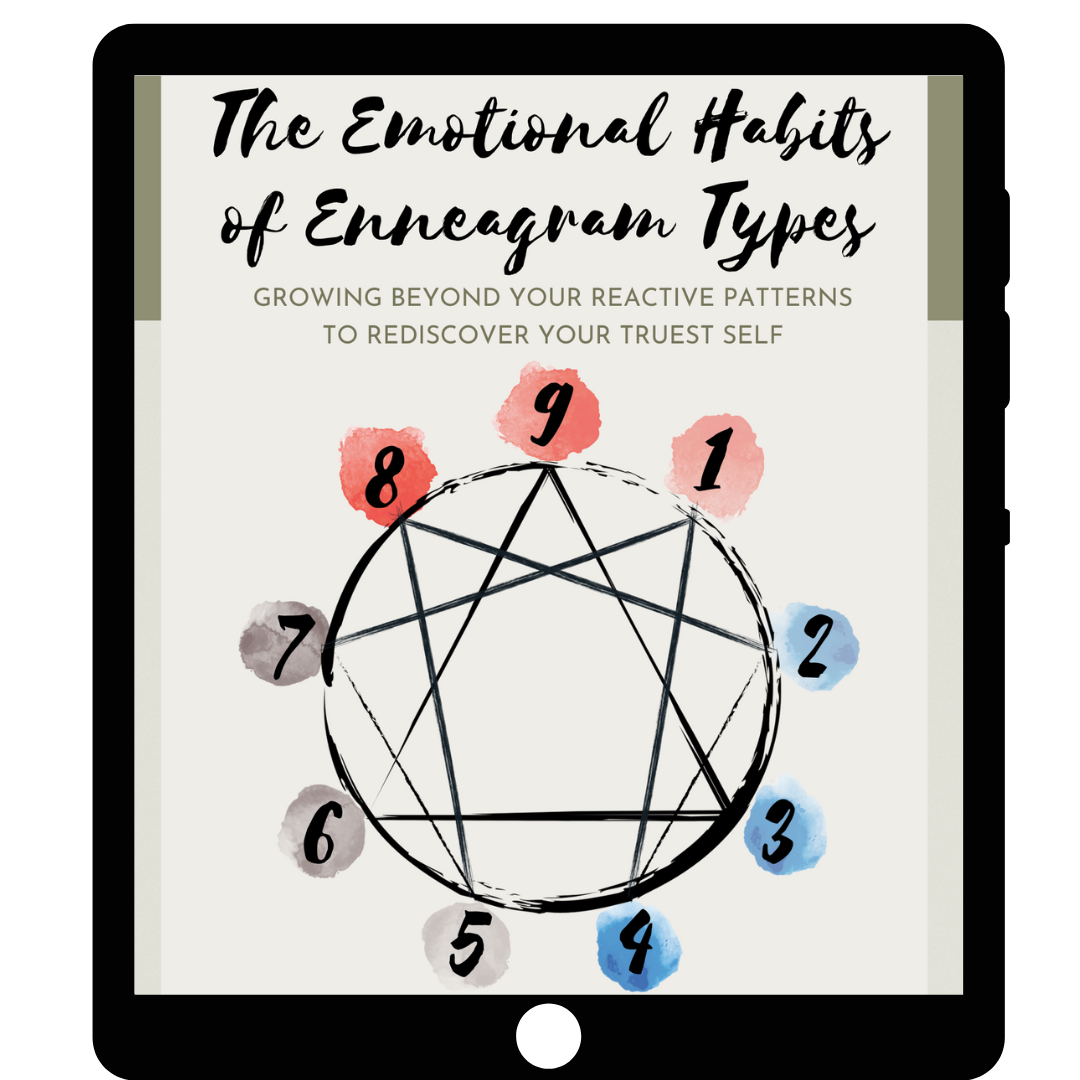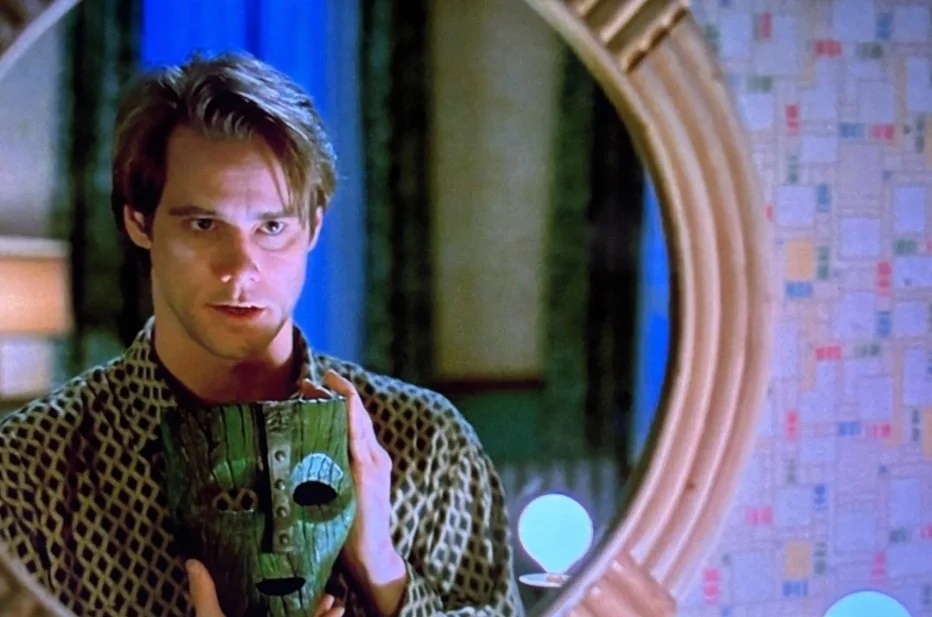A month ago, I asked a room full of people, "Do relationships matter?" The audience heartily answered, "Of course!" But when I asked, "Why?" the room went silent. We instinctively know that relationships are an essential part of life, but rarely do we consider the specific reasons for why that's so.
Here are some of the reasons relationships matter:
We are wired for connection.
Relationships foster healthy development & maturity.
Relationships are Safe Havens. (in Part II)
Relationships are Secure Bases. (in Part II)
(1) We are wired for connection.
The ability to interact with and respond to other human beings is not originally a learned skill, but one that is actually built into our physical bodies, the brain being the primary organ. The human infant is a fantastic relater, even though he hasn't yet learned a single thing.
The physiological ("lizard") and emotional ("mammal") brains are fully developed before birth, allowing the newborn to summon and bond with his main source of survival (his mother). He expresses the full range of his emotions through a powerful cry, eliciting a tender, comforting response from his attachment figure.
The infant has no idea what he's doing and why; the cognitive brain that is the seat of logic and reason is barely existent at birth (and doesn't fully develop until he's 25 years old). He just does what his brain is wired to do: experience and express.
The mother may not initially know what the infant needs, but utilizes her cognitive brain (through observations and guesses) to comfort, nurture, and train her child to relate more effectively to others. She does so through a process called attunement - the ability to "tune into" another person's experiences through emotional cues and to respond accordingly.
The attunement process does not end with infancy, but continues throughout his life as he connects with others: other adults, his peers, his significant others, and his own children. Various features of his brain empower him to do so effectively:
Mirror neurons help him observe others around him; learn new skills by imitation; understand their experience, actions, emotions, and intentions (as if they were his own); and cultivate empathy.
The Broca's area (in the logical front/left brain) helps him put his thoughts and feelings into words. The Wernicke's area (in the back/left brain) helps him understand other peoples' communication.
Oxytocin and vasopressin, the "cuddle hormones" that are activated when he touches or holds his loved ones, help him connect deeply, and fosters commitment.
The human body/brain has features that are directly related to relationships, for better or for worse. While the parts listed above highlight the direct positive link between biology and relationships, the flip side is that the brain also interprets relational pain (such as rejection and exclusion from loved ones) as physical pain through the same neural circuits. Hence, the feelings of being "slapped in the face" or "stabbed in the heart" are not mere hyperbole.
Why do relationships matter? Because it's in our biology; it's how we're wired.
(2) Relationships foster healthy development & maturity.
If you list the characteristics of a healthy, mature person, these may come up: courage, compassion, wisdom, love, joy, peace, patience, kindness, goodness, faithfulness, gentleness, self-control. These traits are universally recognized and celebrated as great qualities.
But how we get these things? Can we just desire to be loving? or wish to be good? How do we even know what wisdom or courage or gentleness are if we don't see examples of the opposite (namely foolishness, cowardice, or harshness)?
"As iron sharpens iron, so one person sharpens another" (Proverbs 27:17). These traits are not inherent attributes of human beings (if you don't believe me, spend some time with a newborn), but character traits that are cultivated across time in the context of relationships.
A father learns patience when he gives his five-year-old more time to tie her shoes.
A kid learns joy that comes from sharing and playing with others.
A woman grows in gentleness when carefully thinks about how to talk to her friend about his habits.
A teen boy cultivates the boldness to ask a girl out through his parents' encouragement.
An teacher develops compassion as she learns how her students' home lives impact their studies.
Without relationships, most of these traits would have no opportunity to show up or be utilized. If we were loners on a deserted island, they would be meaningless. Life without relationships may be simpler, but it would not be worth living.
Why do relationships matter? Because that's how we grow. We become more of who we are meant to be through our connection with others.
To read Part II, click here.
What are the emotional habits of your Enneagram type?
Grab this free guide that shows you how to grow beyond the patterns that keep you stuck!
Don't know your Enneagram type?
Find yours here!
© Copyright 2021 Joanne B. Kim. All rights reserved.
JOANNE B. KIM, LMFT
Joanne is a Licensed Marriage & Family Therapist and Certified Brainspotting Therapist in San Jose, CA, who loves helping people create emotionally thriving relationships. She helps people EXHAUSTED by anxiety, shame, and an allergic reaction to anger create VIBRANT relationships where they matter, too.
Many of her clients are:
(1) the highly responsible, conscientious, and empathic types
(2) Enneagram Type Ones, Twos, Fours, or Nines
(3) Highly Sensitive Persons (HSPs)
(4) adult survivors of emotional abuse and neglect
The most common words spoken by those who’ve sat with Joanne:
“I thought it was just me. I’m NOT crazy!”
“I can finally figure out what to do with all these feelings!”
Ready to build thriving relationships?
Proudly helping women, healers, pastors, caregivers, and Highly Sensitive Persons (HSPs) who are EXHAUSTED by anxiety, guilt, shame, and an allergic reaction with anger create VIBRANT relationships where THEY MATTER, TOO!
Enneagram, EMDR, and Brainspotting Therapy in the Silicon Valley (Santa Clara County - San Jose, Los Gatos, Campbell, Cupertino, Saratoga, Santa Clara, Sunnyvale, Los Altos, Milpitas) and the San Francisco Bay Area. Offering telehealth video sessions in California.





































In a conversation with Catherine Quiring of the Coming Home to Ourselves Substack, we explore the Enneagram through the lens of the show Ted Lasso, going into the importance of emotional intelligence, the role of instincts & subtypes in the Enneagram, and how these concepts can help individuals navigate their personal growth and relationships.